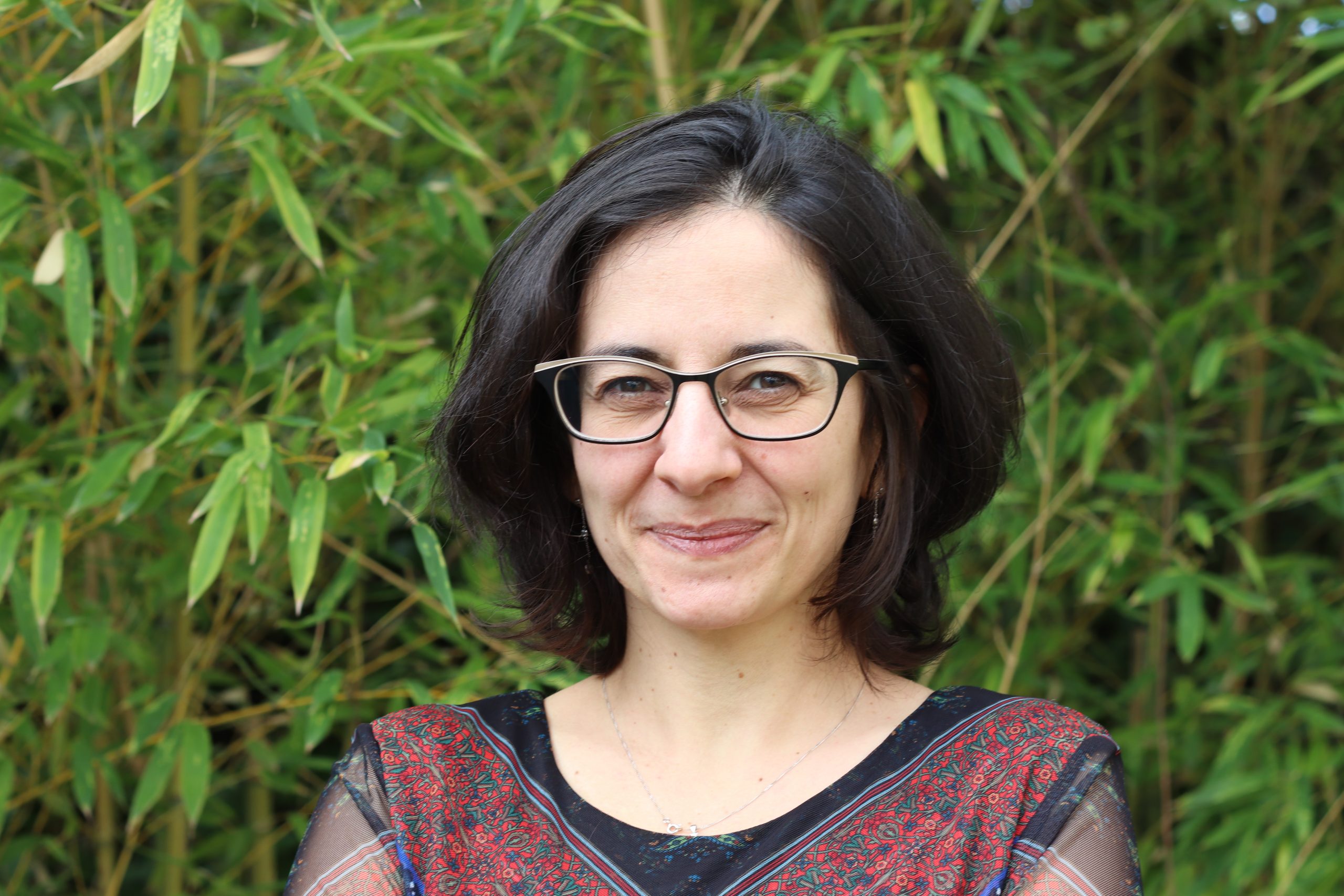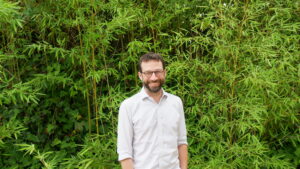 Amandine Pastor is a researcher at INRAE and works on the integration of ecosystem services and spatial dimensions of water and carbon in life cycle assessment. Previously, she worked at the Faculty of Sciences of Lisbon in the framework of the H2020 LOCOMOTION project aiming at integrating water and soil dynamics in an integrated assessment model based on renewable energy use.
Amandine Pastor is a researcher at INRAE and works on the integration of ecosystem services and spatial dimensions of water and carbon in life cycle assessment. Previously, she worked at the Faculty of Sciences of Lisbon in the framework of the H2020 LOCOMOTION project aiming at integrating water and soil dynamics in an integrated assessment model based on renewable energy use.
She is an agricultural engineer and holds a PhD in hydrology from Wageningen University (Netherlands). She has worked on the impact of global change on water resources and the different trade-offs between environmental flows and food security. She is specialized in earth system modelling, climate change and ecosystem services. She also has field experience in sustainable agriculture and soil and water conservation projects in Europe and overseas.
Topic: Land use, environmental flows, life cycle assessment, ecosystem services, earth system model, climate change
amandine.pastor@inrae.fr
amandine.pastor#inrae.fr





 Eléonore Loiseau graduated from AgroParisTech (Master’s degree, 2008) and from AgroParisTech – Engref (Post-Master degree for Management and Administration in environmental sciences and policies, 2010). She did her PhD thesis at ELSA on methodological proposals for performing an environmental assessment of territories based on the Life Cycle Assessment (LCA) framework, with an implementation in the French Mediterranean case study of ‘Bassin de Thau’. Since 2014, she has been working as a researcher in Irstea ITAP unit developing research on “territorial LCA” approach.
Eléonore Loiseau graduated from AgroParisTech (Master’s degree, 2008) and from AgroParisTech – Engref (Post-Master degree for Management and Administration in environmental sciences and policies, 2010). She did her PhD thesis at ELSA on methodological proposals for performing an environmental assessment of territories based on the Life Cycle Assessment (LCA) framework, with an implementation in the French Mediterranean case study of ‘Bassin de Thau’. Since 2014, she has been working as a researcher in Irstea ITAP unit developing research on “territorial LCA” approach.